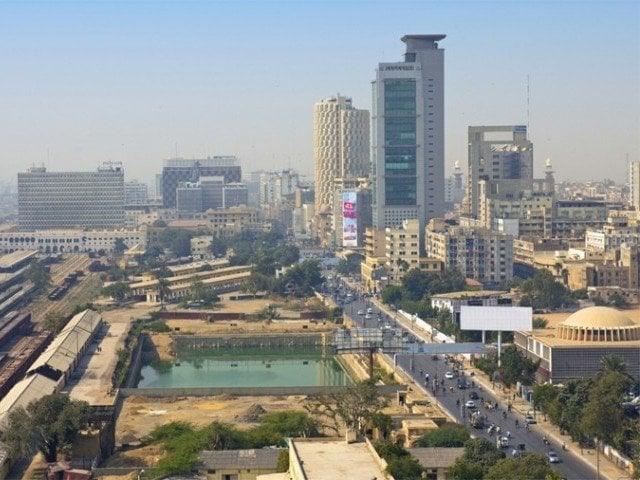Karachi has once again qualified among the five less habitable cities in the world, according to the Economist Intelligence Unit (EIU), an affiliate of the economist.
In its last global habitability index, the metropolis placed 170 of 173 cities evaluated worldwide, ensuring a general score of 42.7 of 100, with 100 that represent the highest level of habitability.
The only Pakistani city that appears in the ranking, Karachi continues badly of the key indicators. It was placed just above Dhaka (Bangladesh), Tripoli (Libya) and Damascus (Syria), which completed the lower part of the list.
The annual report evaluates cities in five key categories: medical care, stability, culture and environment, education and infrastructure. Companies mainly use companies to determine difficulty allocations by relocating employees to different regions.
At the other end of the spectrum, Copenhagen claimed the upper position with an almost perfect score of 98. Vienna and Zurich followed, each scoring 97.1, while Melbourne and Geneva obtained scores of 97.0 and 96.8, respectively.
Karachi’s low position in the EIU classification reflects a broader pattern.
In previous years, it has been constantly compared with cities that face conflicts, economic instability or infrastructure collapse. In the index last year, it appeared alongside Lagos, Tripoli, Algiers and Damascus. In the 2022 report, Karachi held the 169th position of 173.
Concern about the deterioration of Karachi’s urban environment are not new. A report published by the Asian Development Bank (ADB) in October last year found that the general habitability of Pakistani cities is decreasing.
It was described that urban centers, particularly Karachi, became increasingly inefficient, badly, noting global competitiveness rates due to challenges such as congestion, pollution and poor urban planning.




